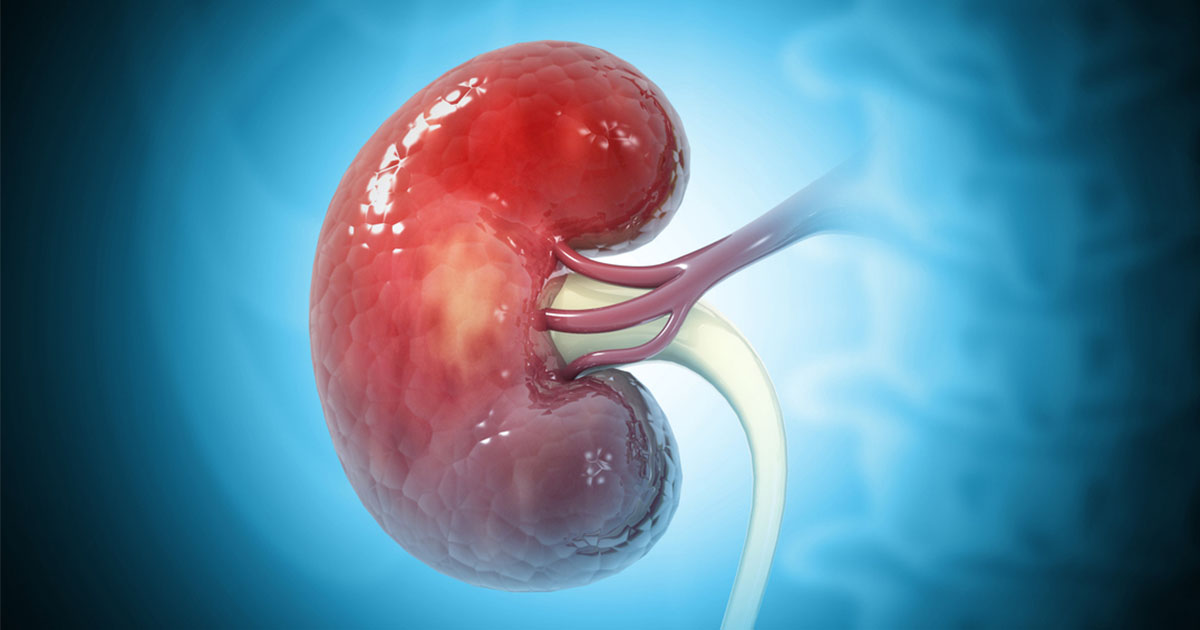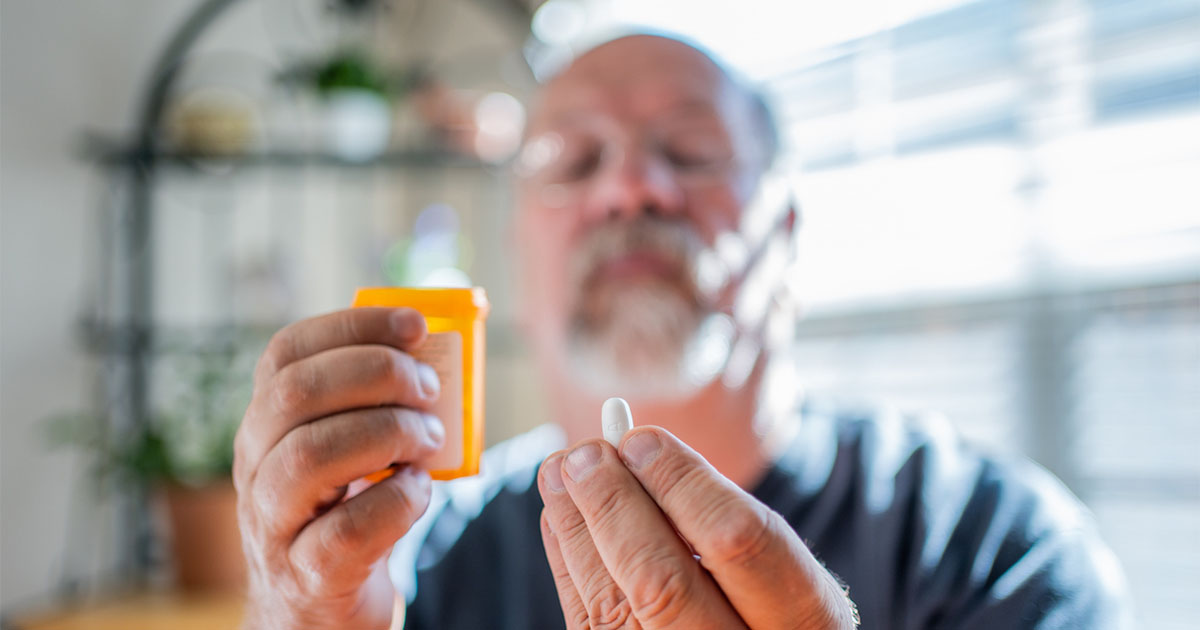Based on the provision of minor surgery undertaken in GP surgeries, the evolution of General Practitioners with a Special Interest (GPwSIs) can be traced back to the 1987 White Paper on primary care (Department of Health and Social Security, 1987), which suggested that increasing the availability of this and similar services would allow patients to get a quicker and more convenient service. Indeed, specific payment was incorporated in the subsequent 1990 GP contract (Department of Health [DoH], 1990).
The 1990s were marked by an inexorable shift of care from hospitals to the community. In 1996, an NHS Executive working group recommended the expansion of specialist clinics within primary care and supported health authorities to contractually provide for such services. It was under this guidance – the famous HSG(96)31 (NHS Executive, 1996) – that the diabetes satellite service in Bradford was established.
This expansion of primary care provision was encapsulated in the NHS Plan of 2000 (DoH, 2000), whose principles included extension of professional roles and the development of primary care services. Specifically mentioned was the promotion of GPwSI services to reduce waiting times; a target provision was set for 1000 GPwSIs in post and accepting referrals by 2004.
A job description provided for GPwSIs (DoH and Royal College of General Practitioners [RCGP], 2002) was:
- to supplement their generalist role by delivering a high-quality, improved-access service to the needs of primary care organisations
- to work as partners in a managed service
- to not replace consultants or interfere with access to consultants
- to keep within their competencies.
It was also proposed that the role would not necessarily be purely clinical, but might also involve education as well as service design and management, either partially or totally. In practice this has rarely happened.
The recently defunct NHS Modernisation Agency was responsible for implementing this GPwSI model for primary care trusts (PCTs; DoH and RCGP, 2002), and it followed up this general document on GPwSIs with a specific document on the appointment of GPwSIs in diabetes (DoH and RCGP, 2003), which refers extensively to clinical governance, mentorship and accreditation. Also in 2003, PCTs were issued with a specific step-by-step guide to setting up a GPwSI service (National Primary and Care Trust Development Programme, 2003). At a similar time, though, it appears that some PCTs had a rather different agenda for the expansion of GPwSI services, namely reducing waiting times and costs as well as hitting NHS Plan targets (Hill and Rutter, 2001). This ethos seems to be promoted in the new General Medical Services contract (British Medical Association, 2003), which encourages PCTs to commission ‘whatever enhanced service they consider appropriate to meet local need’.
Although very vague on details, the joint DoH and RCGP guideline on the appointment of GPwSIs in diabetes – in addition to defining the environment in which the GPwSI works – does emphasise the importance of the accreditation process and how it should be based on the acquisition and maintenance of clinical and organisational competencies. In reality, this means not only gaining knowledge by study and attendance at accredited courses but also acquiring and demonstrating the ability to work as part of a multidisciplinary team, which is something that is crucial, I believe, to the effective planning and delivery of patient-focused care.
This process of developing and maintaining advanced competencies necessary to justify the GPwSI title is the core to the process of accreditation, which, in my view, is belatedly driving rather than following the GPwSI bandwagon. Some established GPwSIs may feel that they have gained sufficient experience over time to be able to undertake a programme of self-directed learning without the need for any formal input. This point of view would not seem to fit the standards of clinical governance that are now increasingly required by patients, fellow GPs and external independent appraisers. Evidence from minor surgery suggested that GPs without a formal training programme sent fewer specimens for pathology and made more incorrect diagnoses than those supervised in hospital (Finn and Crook, 1998).
All the guidance to date has stressed the importance of clinical mentorship and support provided by a senior colleague, invariably a consultant diabetologist. In some areas, there has been a reluctance for secondary care specialists to wholeheartedly engage with the development of a local GPwSI service. Where it does occur, however, either through enthusiasm or by design, the benefits can be enormous, in my experience. Not only does such joint working help to break down barriers between primary and secondary care, but it can also facilitate communication and lubricate care pathways.
Some of the benefits are described in the accompanying article by Dr William N Taylor and Dr Mike Merriman on a GPwSI training and accreditation programme in the Liverpool area. The article gives some insight into the difficulty of constructing a core curriculum and adapting it for the needs of both newly established GPwSIs and those who have time-served experience. The formative assessment described, which was undertaken by senior colleagues, seems to go a long way to making the process both fair and transparent in order to allow a respected accreditation process to take place.
This level of rigorous evaluation is essential. Given that most of the cost evaluations of providing specialist services in primary care show that it is at best cost-neutral compared with secondary care and may be significantly more expensive (Roland, 2005), PCTs must justify contracting for such services on the basis of clinical outcomes and improved patient access. In my experience, patients are generally delighted with the improved access and continuity of care in primary care clinics, but they may need reassurance that the service provided in primary care is not second best, especially when they are used to attending the hospital.
Another point for consideration is that some GPs may be reluctant to refer to erstwhile colleagues who they knew as generalists unless they have some evidence of additional skills.
Lastly, given the increasing concern about professional competence following the case of Harold Shipman (BBC News, 2000), it is likely that externally validated accreditation, possibly undertaken in collaboration with deaneries and the medical indemnity organisations, will become increasingly common, and any process that is less than totally robust is unlikely to be supported.
The process described in Liverpool has clearly been a challenge for those organising it and undertaking it, but anything much less than this does not do justice to the title of GPwSI in diabetes.





Satish Durgam reviews who will be eligible to receive tirzpepatide for weight management and when.
24 Apr 2025